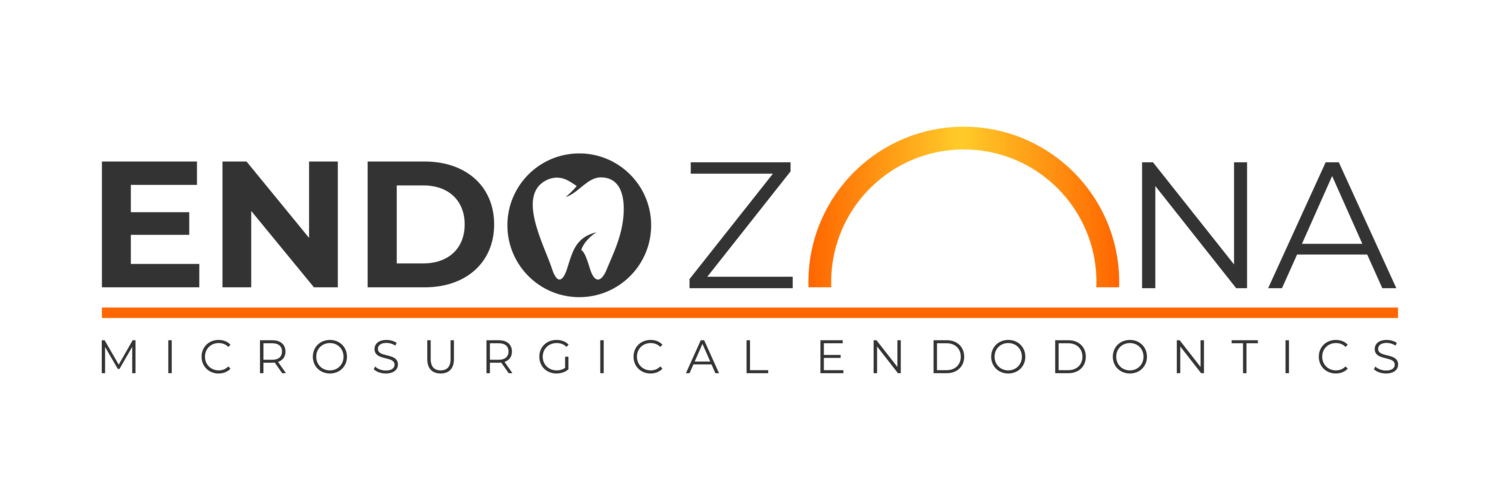Who is an Endodontist?
An Endodontist is a dentist who specializes in maintaining teeth through endodontic therapy, which commonly means treating the soft tissue within the tooth to alleviate pain, infection, and disease. They have undergone a minimum of 2 years postgraduate training after completion of dental school. All dentists are trained in diagnosis and endodontic therapy. Some teeth, however, can be especially challenging to diagnose and treat. For this reason, your dentist has referred you to Dr. Batz. With specialized training in the diagnosis and treatment of endodontic disease, Dr. Batz is able to treat patients in a manner that provides the best chance to achieve the optimal result - a healthy tooth.
What causes the need for Endodontic Therapy?
Endodontic therapy is necessary when the pulp (nerve) becomes inflamed and/or infected. The most common cause is bacterial contamination due to deep caries (decay), repeated dental procedures or dental trauma resulting in chips or cracks. If pulp inflammation goes untreated it can result in pain or lead to abscess formation.
How do I know if I need Endodontic Therapy?
Indications for treatment may include prolonged sensitivity to hot or cold, tooth discoloration, and swelling or tenderness of the tooth or gums. On occasion there are no clinical symptoms but the area of infection is noted upon radiographic exam.
What happens during Endodontic Therapy?
Your comfort is our priority. If you are nervous please let us know and we can provide you with options to help reduce your anxiety. Once your tooth is profoundly numb, the inside is meticulously cleaned, disinfected and sealed. Our focus is on providing superior care in a careful manner rather than emphasizing quickness. Dr. Batz’ focus on excellence has earned him a positive reputation amongst his peers.
What is an Endodontic Retreatment?
A lot of Dr. Batz’ practice is retreating root canals that are not working. When done carefully, utilizing the most advanced technology and techniques, he can often save you from extraction and expensive replacement. The process starts with a comprehensive evaluation, discussion of findings and customized treatment plan.
